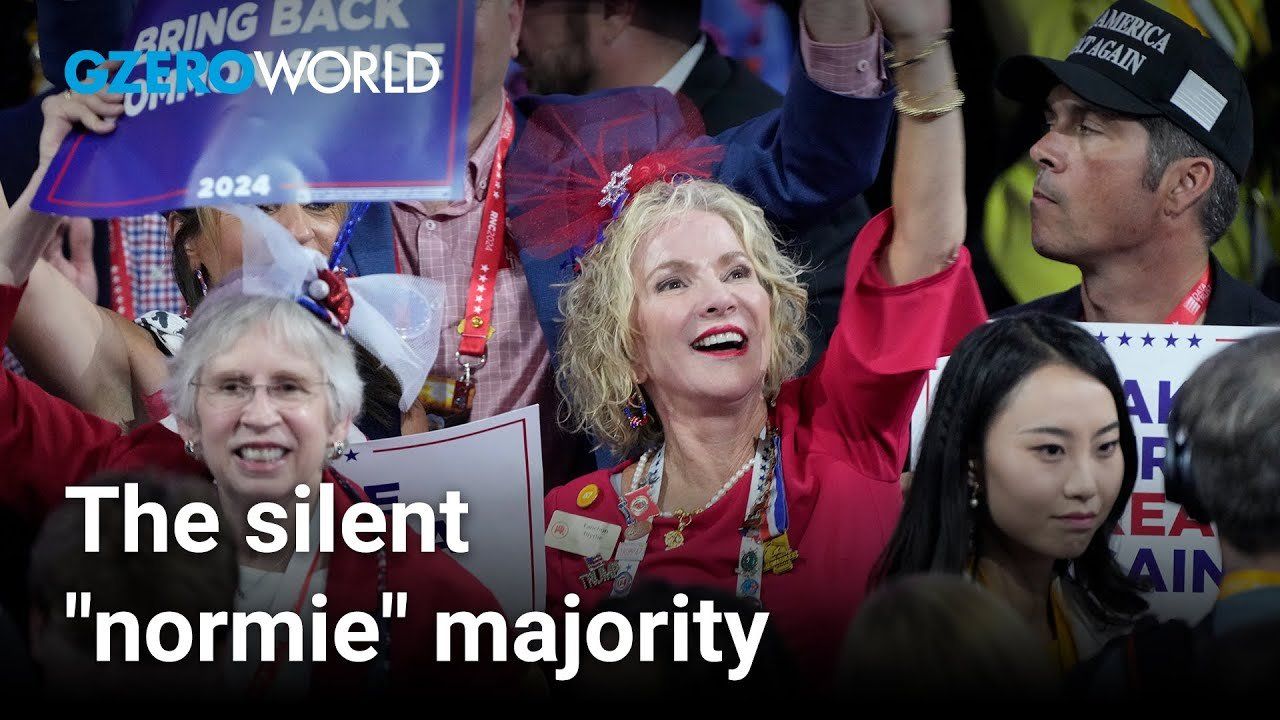GZERO World Clips
Extremists vs. moderates: The real divide in US politics

Extremists vs. moderates: The real divide in US politics | Brian Stelter | GZERO World

In a lively exchange for the latest episode of GZERO World, Ian Bremmer and media journalist Brian Stelter delve into the true nature of political divisions in the United States. Stelter argues that the real divides are not simply between Democrats and Republicans but between extremists and moderates. He emphasizes that "most people, whether they vote Republican or vote Democrat, denounce political violence... they want a stable political system."
Stelter calls these moderates the "great silent majority," but they are overshadowed by the vocal extremists on both ends of the political spectrum. "I wish it was possible to make the normies, the people in the middle, the moderates, more visible, to make their voices louder."
Bremmer and Stelter also discuss the unifying aspects of American society, suggesting that despite apparent divisions, there is significant common ground among the general populace. "Most Americans,” Stelter adds, “have a lot more in common than they realize." And what they have in common, most of all, is a desire to end this constant political chaos.
Watch the full episode: Trump, Biden & the US election: What could be next?
New digital episodes of GZERO World are released every Monday on YouTube. Don''t miss an episode: subscribe to GZERO's YouTube channel and turn on notifications (🔔).
Are we still talking. #PUPPETREGIME
Think you know what's going on around the world? Here's your chance to prove it.
As expected, the Supreme Court struck down the bulk of Donald Trump's sweeping “Liberation Day” tariffs as illegal … and almost nothing changed.